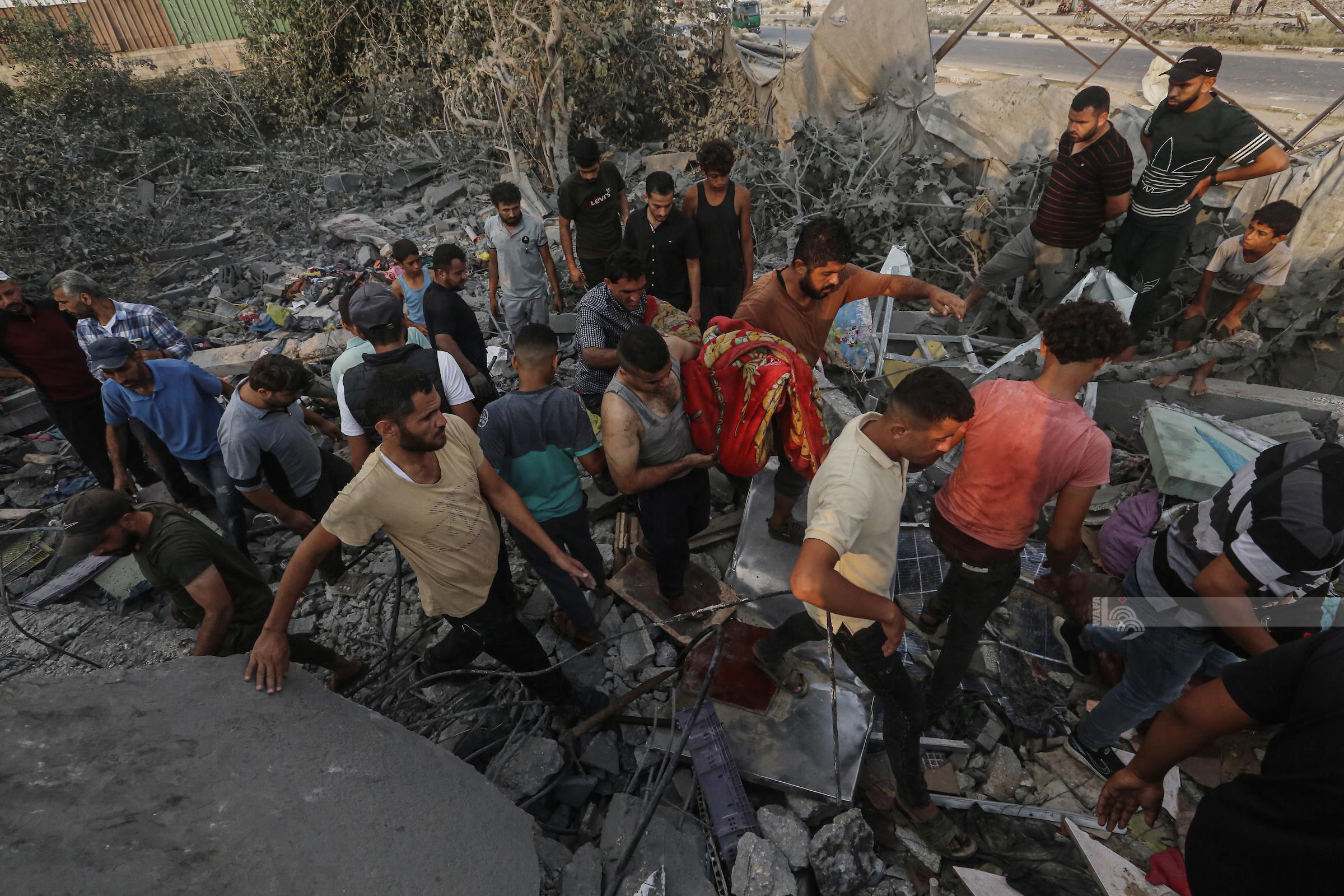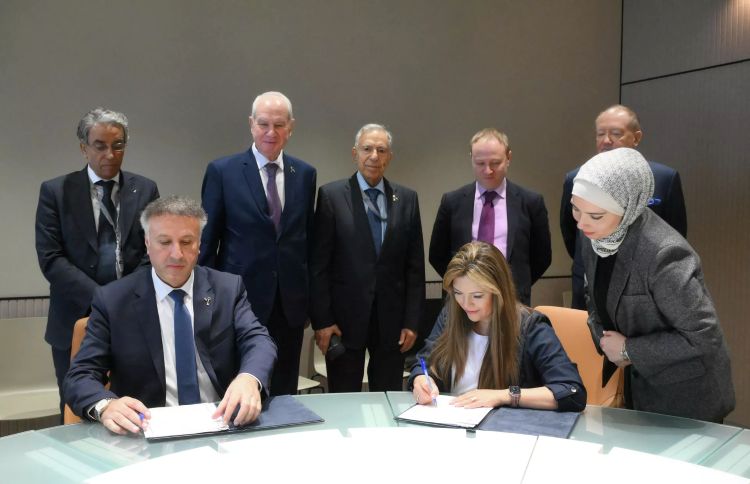RAMALLAH, September 2, 2025 (WAFA) – The Arab Center for the Advancement of Social Media has released a new report titled “Meta’s Role in Amplifying Harmful Content During Genocide in Gaza.”
The report exposes the failure of Meta, the parent company of Facebook, Instagram, and WhatsApp, to protect Palestinians from incitement and hate speech in Hebrew. It reveals the company’s biased policies and complicity in enabling such discourse during Israel’s genocidal war on Gaza, while disregarding the provisional measures issued by the International Court of Justice on January 26, 2024, which explicitly called for the prevention and punishment of “direct and public incitement to commit genocide.”
The report highlights that Meta, the world’s largest social media company with 3.35 billion daily active users, plays a crucial role in the Palestinian digital ecosystem. However, despite this centrality, the company failed to meet its responsibilities by allowing inciting and dehumanizing Hebrew content to proliferate -including posts from Israeli politicians and government officials- while simultaneously imposing heightened restrictions on Palestinian content through removals, account suspensions, and systematic algorithmic penalties.
The report is based on a mixed-methods approach combining quantitative and qualitative evidence, including thousands of cases documented by 7or – The Palestinian Observatory for Digital Rights Violations, which recorded over 2,000 pieces of harmful content manually detected on Meta’s platforms between October 2023 and May 2025. It also draws on data from 7amleh’s AI-Powered Violence Indicator, which detected more than 2.5 million harmful Hebrew posts in 2024 alone. Additional evidence includes open-source analyses, investigative journalism, and direct advertising experiments conducted by 7amleh in 2023 and 2025, which showed that Meta’s ad systems continued approving and profiting from violent and inciting content by accepting it as paid advertising.
Together, these findings place direct responsibility on Meta for failing to curb dangerous discourse fueling digital violence with real-world consequences. The report raises serious concerns about the absence of algorithmic accountability and the company’s negligence in protecting Palestinian users from escalating digital crimes. Despite employing over 40,000 content moderators and generating $134.9 billion in revenue in 2023, Meta failed to allocate sufficient resources to address Hebrew-language incitement. The report stresses this failure is not due to lack of capacity, but lack of will and priority.
Jalal Abukhater, 7amleh’s Policy Manager, stated: "These practices expose systematic racial discrimination in content governance. While Palestinian narratives are widely suppressed, genocidal incitement in Hebrew is allowed to thrive unchecked, making Meta a direct partner in entrenching injustice and discrimination."
The report presents a series of recommendations directed at Meta, policymakers, and civil society. It calls on Meta to immediately invest in effective infrastructure for Hebrew content moderation, develop fair classifiers to detect hate speech and incitement, and take urgent human rights due diligence and risk assessment measures in line with the UN Guiding Principles on Business and Human Rights. Meta must also make a public commitment not to be complicit in atrocity crimes.
The report further urges governments to investigate the complicity of big tech companies in genocide and to impose binding frameworks for transparency and accountability. Civil society is encouraged to continue documentation, archiving, and cross-border advocacy coordination to ensure accountability for corporate actors involved in violations.
7amleh emphasizes that Meta’s continued disregard of Hebrew incitement -and its monetization through advertising- represents not only a moral failure but actual complicity in grave violations against Palestinians. Holding Meta and other tech companies accountable is no longer optional; it is a humanitarian, ethical, and legal imperative to ensure that the digital space does not become a tool that enables genocide and mass violence.
K.T











